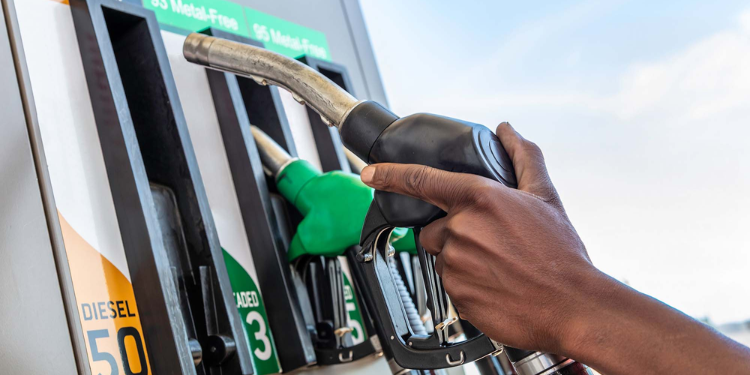Global oil prices dipped in the week ending August 8, providing a glimmer of hope for motorists as Kenya awaits the Energy and Petroleum Regulatory Authority’s (EPRA) next fuel price review, due later this week.
Data from the Central Bank of Kenya’s (CBK) weekly bulletin released on August 8 shows Murban oil prices declined to USD 68.25 (Ksh 8,871) per barrel on August 7, down from USD 73.52 (Ksh 9,550) on July 31.
“International oil prices decreased during the week ending August 7 … Murban oil price decreased to USD 68.25 per barrel on August 7 from 73.52 per barrel on July 31.”
The drop was attributed to an expected boost in global supply, with OPEC+ planning to increase production by 547,000 barrels per day from September, and lingering uncertainty over the impact of new U.S. tariff measures on global growth.
At the same time, the Kenyan Shilling remained stable against the U.S. dollar at Ksh 129.24 throughout the week ending August 7.
A steady currency is critical for an oil-importing country like Kenya, where pump prices are sensitive to foreign exchange fluctuations.
The CBK reported usable foreign exchange reserves at USD 10.89 billion, equivalent to 4.8 months of import cover, comfortably above the statutory minimum of four months.
Latest EPRA Review
The latest developments come less than a month after EPRA’s July 15 review, which saw sharp increases in pump prices.
Also Read: Technical University of Kenya Announces Part-Time Teaching Opportunities; How to Apply
Super Petrol rose by Ksh 8.99 per litre, Diesel by Ksh 8.67, and Kerosene by Ksh 9.65, pushing Nairobi retail prices to Ksh 186.31, Ksh 171.58, and Ksh 156.58 per litre, respectively.
In Mombasa, prices stood slightly lower at Ksh 183.02, Ksh 168.30, and Ksh 153.29.
EPRA attributed the July hike to a surge in the landed cost of petroleum products between May and June.
Super petrol’s landed cost rose 45% to USD 628.30 per cubic metre, Diesel increased 27% to USD 616.59, and Kerosene jumped 95% to USD 608.54.
Higher margins for oil marketing companies also contributed to the rise.
Treasury Defending Price Hike
On the domestic policy front, Treasury Cabinet Secretary John Mbadi defended the government’s decision to securitise a portion of the Ksh 7-per-litre fuel levy to fund infrastructure projects.
Also Read: Kenya-Tanzania Trade Tensions, EABL Changes, Banks Warned by Ruto and New Boda Prices
“We will continue securitising it, and we have no apologies to make,” Mbadi said, noting that the government has already raised over Ksh 60 billion and is targeting Ksh 175 billion to pay contractors and revive stalled road projects.
“If you securitise this money, and by the way, we have already received over Ksh60 billion, and you can see road contractors are back on the road, but we are raising Ksh175 billion. If you add that, if you use even half of that money this financial year and add it to our normal budget of about Ksh57 billion, you will have over Ksh120 billion. You will pay all the certificates for the whole financial year”
While the recent decline in global oil prices and stability of the shilling could ease import costs, internal pricing factors, including taxes, levies, and the securitised fuel levy, may limit the extent of any pump price reduction.
EPRA’s decision this week will determine whether motorists will see relief or whether global gains will be absorbed by domestic policy measures.
Follow our WhatsApp Channel and X Account for real-time news updates.
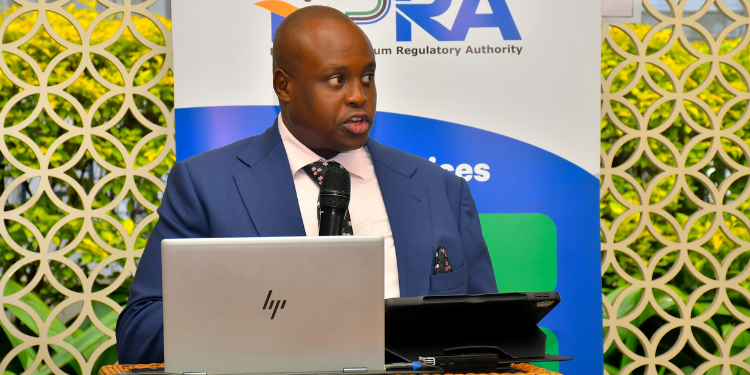


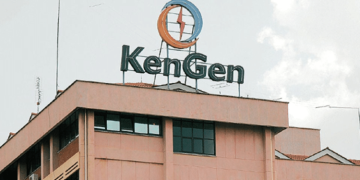
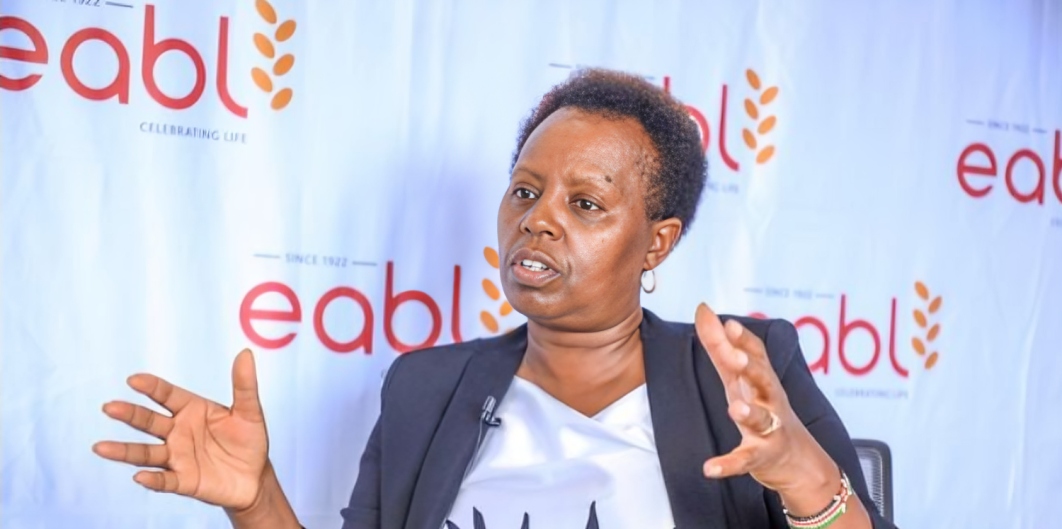
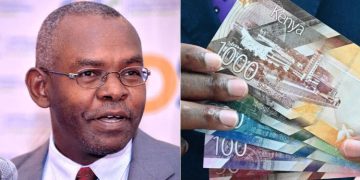
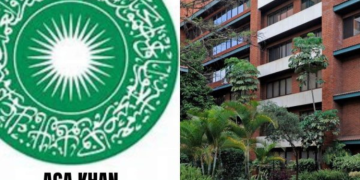



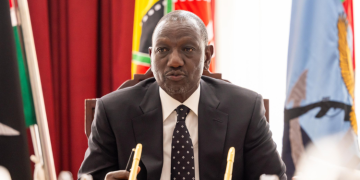






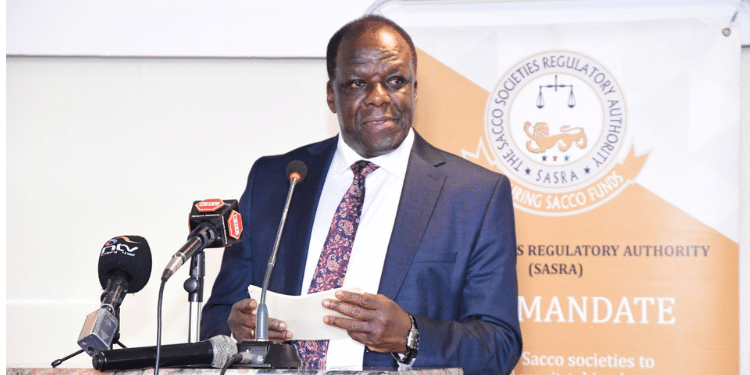
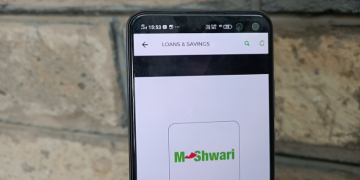
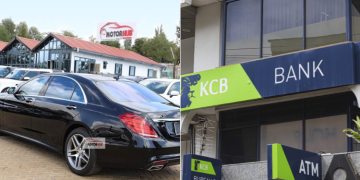

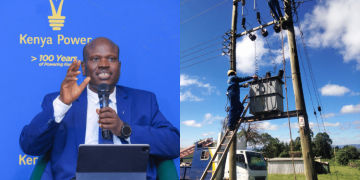
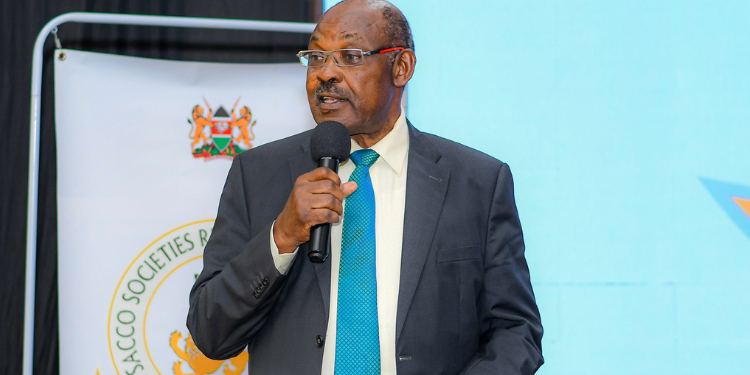































![Senator Allan Chesang And Chanelle Kittony Wed In A Colourful Ceremony [Photos] Trans Nzoia Senator Allan Chesang With Channelle Kittony/Oscar Sudi]( https://thekenyatimescdn-ese7d3e7ghdnbfa9.z01.azurefd.net/prodimages/uploads/2025/11/Trans-Nzoia-Senator-Allan-Chesang-with-Channelle-KittonyOscar-Sudi-360x180.png)

















